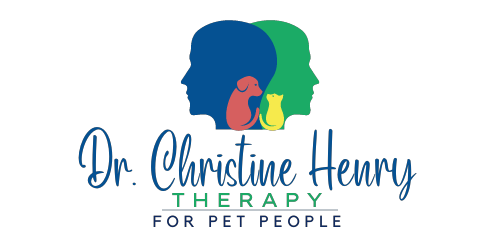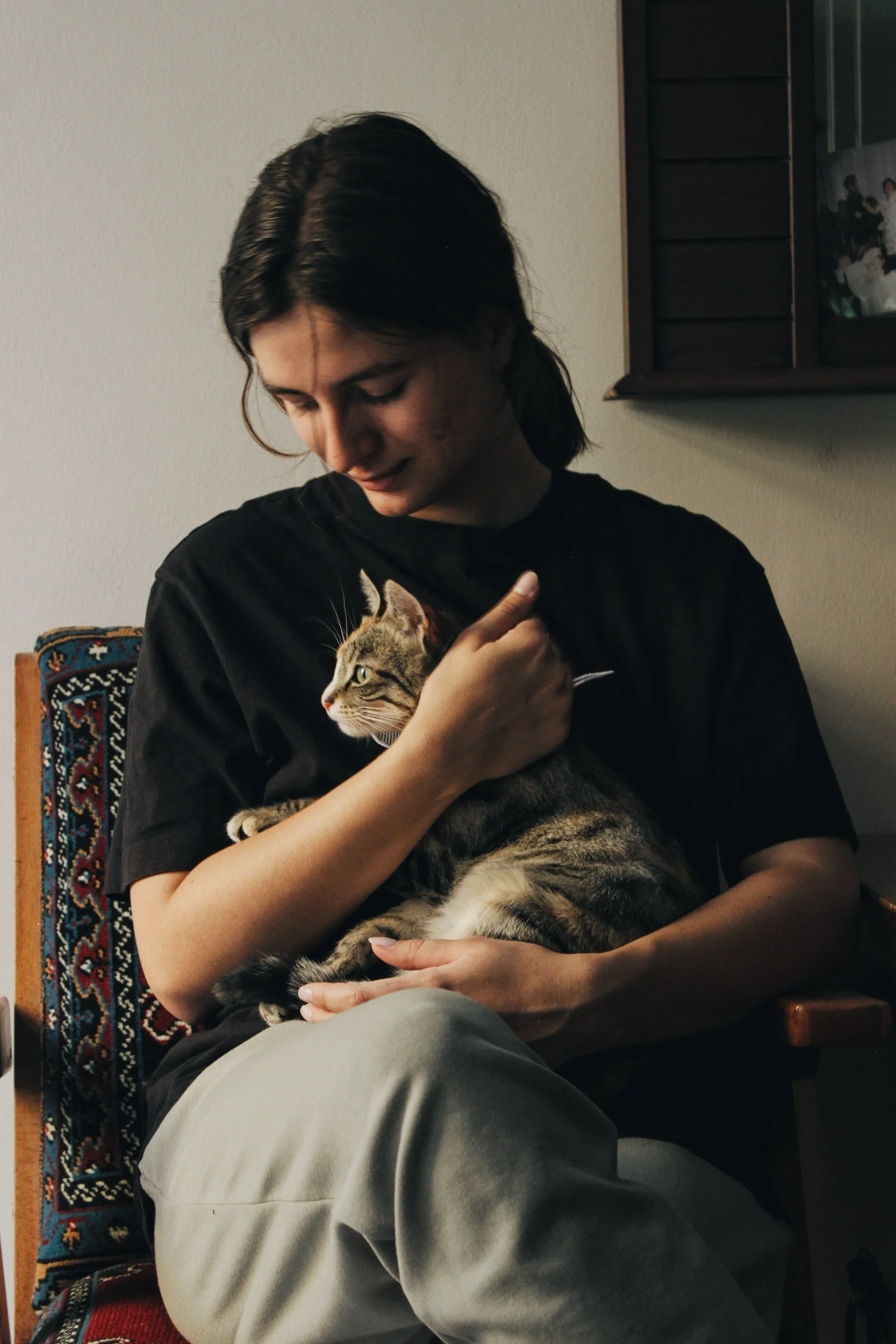Thriving as a Neurodivergent Parent: Tips, Challenges, and Support
Parenting when you’re autistic, ADHD, or both can be deeply rewarding and incredibly hard. If you're a neurodivergent parent raising autistic or ADHD kids, you probably understand their needs in ways others don’t.
But that doesn’t mean it’s easy.
Managing sensory overload, meltdowns, executive dysfunction, or demand avoidance while juggling your own needs can lead to autistic burnout or feeling constantly overwhelmed. And most parenting advice wasn’t built for families like ours. This space offers support, resources, and validation for autistic and ADHD parents raising neurodivergent children.
Related:
Check out my page on Persistent Drive for Autonomy (PDA) In Kids
Check out my ND Relationship Dynamics page (Info on romantic relationships/dealing with family issues)
If you feel overwhelmed - reach out and I can help you break this down.
Being an Autistic Parent
Five Tips for Autistic Parents From This Autistic Parent
Autistic Parents UK (Huge page with tons of info)
An autistic mom raising two boys shares candid stories about family life
Parenting as a New Autistic Mother: The Impact on Daily Living
The Autistic Doula: Navigating the Sensory Challenges of Motherhood
Motherhood: Autistic Parenting
Mothers with Autism, I have mothered my children in a different way
No one told me how overstimulating motherhood would be
An autistic parent of an autistic child
Then She Asked "Are You Autistic?"
“Hating autism” and the damage it does
Books:
Podcast:
Dealing with the sensory issues of childbirth and parenthood as an autistic mother
Journal Articles:
Intense connection and love: The experiences of autistic mothers
Being an autistic parent comes with its own unique mix of insight, exhaustion, and resilience. You might have a deep, intuitive understanding of your child’s sensory needs or social struggles but that doesn’t mean your own needs disappear. From masking through playdates to managing executive dysfunction on top of daily tasks, it can feel like there’s no room to recharge. This section includes articles and resources specifically for autistic adults who are parenting whether you're officially diagnosed, self-identified, or still figuring it out. You deserve support too.
Being an ADHD Parent
If your brain thrives on spontaneity but struggles with structure, parenting with ADHD can feel like a daily battle. The constant mental load, the pressure to stay organized, the emotional ups and downs, it’s a lot. And when your own executive functioning is stretched thin, it’s easy to feel like you’re dropping the ball. This section offers support for ADHD parents trying to do their best, not what a Pinterest-perfect parent should look like, but what works for you. Real-talk resources, validation, and tools that actually meet your brain where it’s at.
Pregnancy
Pregnancy doesn’t look the same for everyone and if you’re neurodivergent, it can feel very different from what most people expect. Sensory overload might make everyday discomforts unbearable. Executive dysfunction can make it hard to keep up with appointments, meal planning, or remembering your prenatal vitamins. Hormonal changes might hit harder or feel more unpredictable. And while other moms seem to be glowing, you might be masking through exhaustion or shutting down from overwhelm.
Pregnancy and Autism: Pregnancy is different for autistic women
The Autistic Doula: Navigating the Sensory Challenges of Motherhood
ADHD and Pregnancy: What You Need to Know
Podcast Episodes
Late diagnosed pregnancy/birth experience
Neurodivergent Pregnancy, Childbirth and Postnatal Support
ADHD and Pregnancy with Dusty Chipura
The Neurodivergent Birth Podcast (Many episodes on this)
Videos:
ADHD and Autistic Postpartum Concerns
Caring for a newborn when you’re sleep deprived and your nervous system is already running on empty can feel completely overwhelming. Feeding, whether by breast, bottle, or pump, can come with unexpected challenges like sensory overload or feeling “touched out.” And it’s not just the logistics—your body and brain are also going through major shifts. It can take up to two years for hormones to settle, especially if you’ve always been sensitive to hormonal changes (like PMDD, mood swings, or sensory crashes). If you’re still foggy, irritable, or emotionally raw months later, you’re not doing it wrong. Your system is still recalibrating.
General Concerns:
6 Reasons ADHD Symptoms can Worsen Postpartum
Postpartum & ADHD: Why It Feels Like You’re Drowning (and What Can Help)
The Unique Struggles of Postpartum Autistic Women
Breastfeeding Issues
How ADHD can affect breastfeeding
Autistic mothers’ experiences of breast- and formula- feeding babies: what does the evidence say?
Journal Article
General Information on How Hormones Impact ADHD and Autism
ND Parenting Support
Parenting Coaching Class: The ADHD Toolkit for Parents
There are tons of books on the topic but these have been the ones I found to be most helpful personally
Uniquely Human by Barry M. Prizant
The Out-of-Sync Child, Third Edition: by Carol Stock Kranowitz
The Explosive Child (6th Ed) By Ross Greene
Sincerely, Your Autistic Child
Autism Positive Books for New Parents
Picture Books for Kids on Autism and ND
Podcasts:
Video:
Tips for helping your adhd kids
How to De-escalate Explosive Stress Reactions of ADHD: Mental Health Out Loud w/ Dr. Bill Dodson
Articles: Tips for Managing Clashing Sensory Needs for Autism and ADHD
Podcast Episodes:
Multi-tasking within a family unit while on the spectrum.
Challenges and Strengths of Parenting in a Neurodiverse Relationship
***For an in-depth look at neurodivergent romantic relationships, check out my Neurodivergent Relationship Dynamics Page. There is information on communication differences, common physical intimacy issues, how to manage chores together, and couples therapy/workshops info.
Juggling Different Neurotypes in a Family
Sibling Issues
Let’s Talk
If you have questions or want support, please reach out to me and we can get started.
Persistent Drive for Autonomy
If the parenting strategies you've tried aren't proving helpful or seem to exacerbate the situation, consider exploring information on Persistent Drive for Autonomy. PDA is a nervous system disability that requires specific parenting techniques.
Adding To This Page…
I am continuously adding to this page as I get new information so come check back to see new additions. If you have any resources that you have found helpful but are not listed please email me as I would love to add them: henry@therapyforpetpeople.com
Please forgive any typos or broken links. As an ADHDer it’s a challenge for me to keep up but I am making it a priority as this page is truly a labor of love. Be sure to forward the link to others in your life who may benefit from this information. Bring some food and water as this is a deep deep dive into all things neurodivergent.
Explore More Resources
Questions? Need Support?
If you have questions or need support, please reach out to me! This journey can be difficult, but you don’t have to walk it alone.























